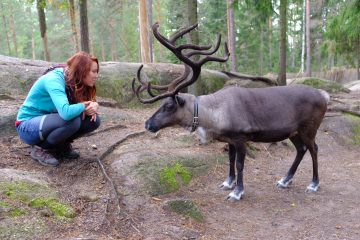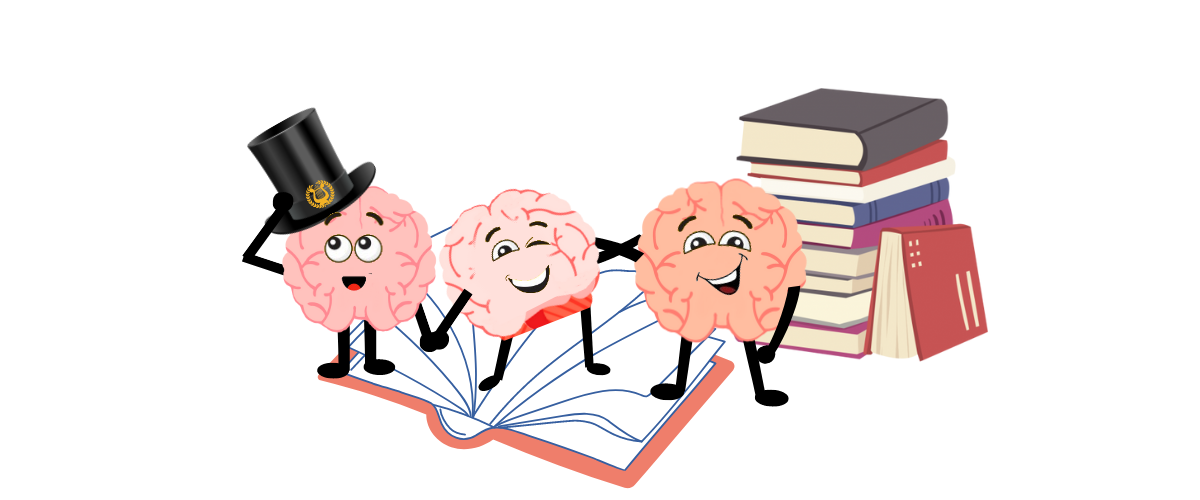Peer Support for Early Career Researchers
The goal of the On My Mind project is that nobody is left alone with their worries and difficulties. The conversational help provided by the doctoral researcher support peers and the peer support groups is invaluable in the university’s research community. The idea is to create a safe environment for the early career researcher to speak freely about the issues which researchers face during their journey. Such issues include problems in mental well-being and well-being at work, moving to a new country and loneliness, combining work and leisure, time management challenges, conducting research and so on. The support peers are important as a channel for the researcher to be heard and seen and enable a safe environment for the exchange of experiences.
Support peers are volunteers who are ready to use their time and listen to their fellow researchers. The support peers are not healthcare professionals themselves, but if necessary, they know where to find suitable professional help by utilizing their orientation training, the materials they have received and the support provided by the staff of the On My Mind project.
Early career researchers play a key role in developing new, concrete ways of fostering community and well-being at work on faculties, departments and research groups. Let’s turn the university into a better place for all to do research!

On My Mind activities
One-on-one peer support - Shall we talk?
Do you have issues with doctoral studies, work-life balance, mental health, motivation, time management or something else? Would you like to talk about your thoughts with your peer?
By filling out Shall we talk? contact form, one of On My Mind support peer will contact you within 10 days!
Who are On My Mind support peers? Support peers are University of Turku doctoral researchers, who have volunteered to use their time and to listen to their fellow researchers. The support peers are not healthcare professionals themselves, but if necessary, they know where to find suitable professional help by utilizing their orientation training and the materials they have received from the project. Support peers are available for 1-5 meetings per doctoral researcher.
All conversations held with our support peers are confidential.
Peer support groups
Peer support groups are composed of 4-6 doctoral researchers with similar objectives and are chaired by a trained support peer. Support peers are the University of Turku doctoral researchers, who have volunteered to use their time and to listen to their fellow researchers. The group will meet about five times.
“I feel that our peer group discussions have succeeded to create a very warm and welcoming environment, where at least I have felt heard and supported. As often, it seems that we are more or less struggling with similar challenges and insecurities, and it is already helpful only to hear and realize that. In addition to that, we often also come up with many different solutions to test!”
Doctoral researcher, department of Biology
Other On My Mind activities
On My Mind project organizes well-being and networking events for doctoral researchers. Please, follow your UTU email to know what’s happening next!
Past activities
- Well-being Week spring 2024
- On My Mind Workshop: The Imposter Syndrome (31 May 2023)
- Not only PhD on My Mind zoom-event (11 May 2023)
- Well-being market (20 April 2023)
- Lunchmates (10-14 October 2022)
- Not only PhD on My Mind event (7 October 2022)
Are you interested in becoming Support Peer?
Potential roles of support peers?
Peer support for young researchers can be carried out e.g. through the following roles:
- by chairing a peer support group
- by giving one-on-one peer support to a fellow doctoral researcher
- by advertising the activity at events like myUTUGS
- by producing content for our website and social media channels.
What is it like to lead a peer support group?
“I have been chairing the doctoral peer group since over a year and this is a great experience. Peer group provides for the doctoral researchers the opportunity to meet in a safe and environment and exchange on work related topics. Those meetings help the doctoral researchers to realize that they are not alone and that we are all facing the same issues at some point in our doctoral journey, therefore this is also the opportunity to ask for tips or just to vent among people who understand what we are going through. This is also the occasion for bond and create a nice network which is essential in academia. As a chair, I really enjoy leading these meetings and I learn a lot on how to promote interactions between people. I would recommend it to anyone who wants to practice their chairing skills in an easy environment.”

Océane Liehrmann, Doctoral researcher, University of Turku
Is the role as support peer right for me?
Would you be interested in the role of supporter in peer support? You can consider at least the following:
- I am willing to listen openly the worries of my fellow doctoral researchers
- I willing to share and exchange my experiences and perceptions in order to support fellow doctoral researchers
- I am interested in well-being and mental health issues and eager to learn more
A guide for peer support groups in higher education
How can I join?
Please, follow your UTU email to know when the next training will be organized.

